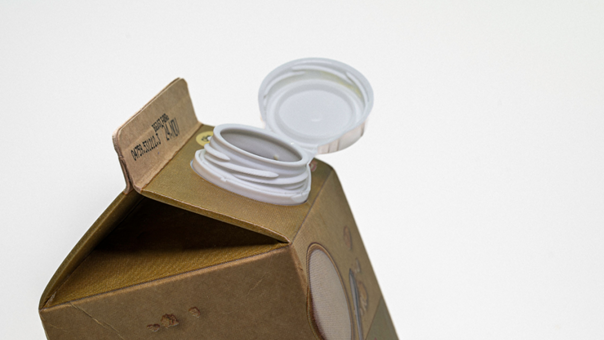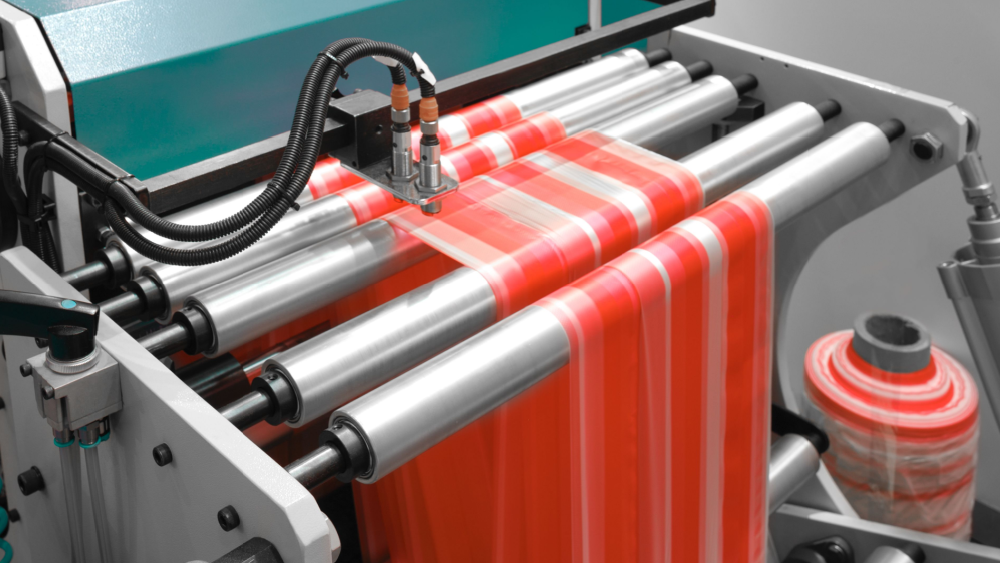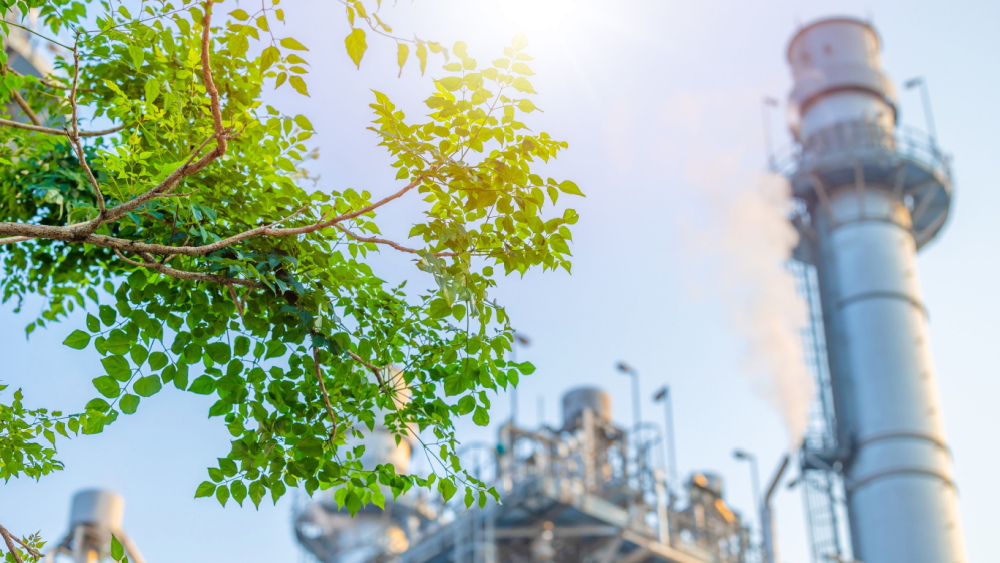In the global quest for sustainability, recyclability, and waste reduction, the debate between paper and plastic labels is often the focal point. However, paper and plastic materials have their own space in both labelling and packaging. Neither can wholly replace the other as they both have distinct advantages, uses, and challenges.
According to the FTC green guides, a product is considered recyclable if it can be:
“… collected, separated, or otherwise recovered from the waste stream through an established recycling program for reuse or use in manufacturing or assembling another item.”
A product can also be considered sustainable if it is compostable or biodegradable.
Like many other packaging and labelling materials, plastic used in label substrates has been scrutinized in recent years as a sustainability concern. On the contrary, paper labels are often lauded as an environmentally friendly material. But how do these two materials really compare?
Paper materials: Sustainable, under certain conditions
Paper is often heralded as the more environmentally friendly option because, unlike plastic, it’s biodegradable and easy to recycle. However, when paper labels are applied to bottles or packaging, the recyclability of the entire packaging becomes more important. The label must be separated from the container before the primary packaging is recycled. Excess paper material is often not recycled properly and ends up as waste.
Therefore, paper labels are not the most suitable for use on plastic containers or packaging. If the paper isn’t processed and separated from the primary packaging, it can become a major contamination source while reprocessing plastics.
Read more: How monomaterials in packaging contribute to a circular economy

Plastic labels: Sustainability’s worst enemy?
Contrary to popular belief, plastic labels are highly recyclable – if they are chosen correctly and undergo the appropriate recycling process. As long as the label substrate matches the bottle or packaging material, both can be recycled together without separating.
However, the real challenge with plastic labels lies in achieving a high level of post-consumer recycled (PCR) content. This is difficult because the chain of circularity for plastics isn’t fully developed. Nonetheless, significant progress is being made in this area.
“The real focus should be on reducing single-use packaging and labels, regardless of the substrate. With this approach, plastic labels aren’t a threat to sustainability.“
Industry efforts to produce more sustainable label materials
To make paper labels more sustainable, manufacturers have begun sourcing raw materials from responsibly managed, FSC-certified forests. Trees are harvested responsibly, so there is no net loss of forest over time. Reversing deforestation and maintaining irreplaceable forests are crucial for fighting climate change. It is worth noting that not all paper-based labels are recyclable. For instance, metallic paper labels are not recyclable.
If you need your labels to be waterproof, tear-proof, or oil-resistant, plastic labels are still the primary choice. They are more resilient, hygienic, and flexible in their design than paper labels.
Label stock manufacturers have developed compostable plastic labels and PCR content labels as sustainable products. Removable, adhesive-based (wash-off) plastic labels are also an alternative sustainable choice, enabling the reuse of containers. Remember that reuse is always considered better than recycling.
Read more: Consider these 5 factors before designing your new labels
The paper versus plastic label material debate is bound to continue, as both label materials are expected to remain in mainstream labelling and packaging. Achieving 100% practical recycling of plastic labels involves more than just establishing recyclability.
Smart label choices, which are suitable for your packaging, are the way to go. Currently, paper labels are a much greener choice, but paper cannot substitute plastic labels due to functional limitations. Selecting the right plastic label for your packaging is, therefore, key to achieving sustainability.
Reach out to us to discover Skanem India’s sustainable labels program, which is uniquely designed to help you make greener labelling choices and achieve higher sustainability levels.






